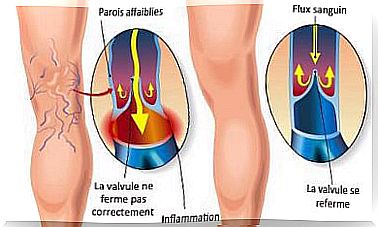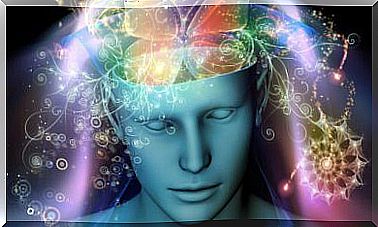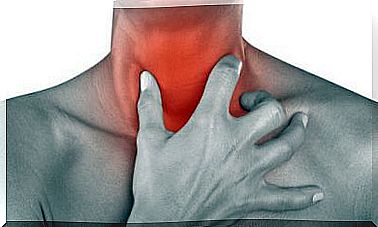When Does A Headache Become A Concern?
When headaches are frequent and they prevent us from performing our daily tasks, we need to see a doctor to perform the relevant tests to find the source of the problem.
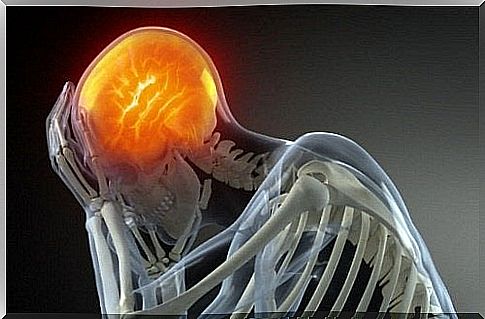
Headache is an integral part of our life. It is an enemy that we know, which is disturbing, but which very often disappears on its own, without our needing to take charge of the problem.
However, there are some headaches that, despite taking pain relieving medication, do not go away and severely handicap us.
This reality is not that of a minority, it is relatively frequent. We want to talk here about migraines, those chronic headaches that affect our quality of life.
But then, at what point should we start to worry? Can a headache be a symptom of a dangerous pathology? These are essential questions you need to ask yourself.
Since information is always our best weapon, we’re going to reveal 3 things you absolutely need to know about a headache.
Headache: factors to consider
Harvard University did a very interesting study on headache.
First, to allay any concerns, the study specifies that in 95% of cases, this problem is not the symptom of a serious pathology.
Even if this data is reassuring, we must specify that a large percentage of headaches are very disabling for the people who suffer them.
Pathologies like migraine, lupus, depression or arthritis are usually accompanied by very powerful headaches.
No one dies from these diseases, we all know that, but the quality of life of the patients who suffer from them is severely affected.
As these illnesses are generally difficult for those around the patient to detect, they are called “ socially invisible illnesses ”.
These are very complicated situations to experience. However, it is important to know when a headache or migraine becomes abnormal and can reveal the presence of another pathology.
We are going to present to you 3 factors that you should take into account if you find yourself in a situation of uncertainty.
1. When should we start worrying about a persistent headache?
Harvard University tells us in the study just cited that we need to look at a series of factors when we, or someone close to us, suffer from severe headaches.
Here they are :
- Any sudden change in the type of headache should be taken into account. When you experience regular pain that goes away with taking a pain reliever, you are fine. But if suddenly the pain becomes unbearable and nothing manages to silence it, you need to see your doctor as soon as possible.
- When you experience something that you could easily describe as “ the worst headache of your life, ” seek professional help. This is often a sign that you have had a stroke.
- If your pain increases when you cough or move around, this is not normal.
- Also be extra careful if your pain is preventing you from doing your more benign daily tasks.
- If you are experiencing abnormal aggressiveness or irritability, you should also be concerned about what is happening to you.
- Be very careful if you have a fever and feel stiffness in your neck.
- If, in addition, you are affected by visual disturbances, difficulty speaking, general weakness. Dizziness or very inflamed eyes, go to the emergency room immediately.
- Health professionals also tell us that it is not normal for pain to appear suddenly during the night.
- If you hit your head and the pain persists, don’t hesitate to go to the emergency room.
2. Headache and stroke
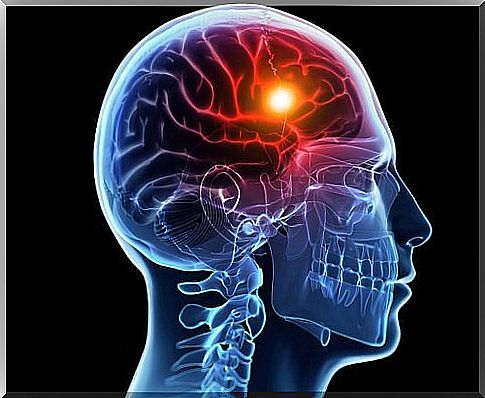
The most worrying cause that can cause severe headaches is, without a doubt, stroke.
A stroke can affect anyone, regardless of age. It is therefore important that we know all 6 signals that allow us to recognize its occurrence.
- If you feel a complete loss of strength on one side of your body (arm, leg, half of the face, etc.), worry.
- As we told you earlier, if you experience the worst headache of your life, you need to go to a doctor.
- If you feel an intense tingling in your face, in one of your arms. Or in one of your legs (on the same side of your body), you probably have a stroke.
- If you lose sight in one eye, don’t wait any longer to get to the emergency room.
- Difficulties in speaking or being understood are also indicative of the potential presence of a stroke.
- A feeling of dizziness, unsteadiness and great imbalance are often experienced by people who are about to have a stroke.
The “headache demon”
We all know the impact that migraines and tension headaches can have on people who suffer from them.
Neurologists and patients all agree that the worst possible headache is caused by cluster headaches. Or more commonly known as the cluster headache.
When patients experience this pathology, they immediately think that they are victims of a serious pathology.
But, despite the pain it causes, this headache is not life threatening.
Obviously, it can seriously handicap us, but it is absolutely not dangerous for our health.
- Cluster headache affects 1% of the world’s population, mostly males.
- It causes intense and incapacitating pain, which can last between 15 minutes and 1.5 hours and appear several times a day.
- This pathology is linked to minor dysfunctions of the hypothalamus and heart rhythm. Sometimes our lifestyle, stress, and lack of sleep can trigger this problem.
To conclude, we must clarify that headaches are often unimportant. They are usually caused by fatigue, tension, and hormonal changes.
However, if they have a lasting effect on your daily life and are accompanied by the worrying symptoms that we have been able to describe to you throughout the article, do not hesitate to consult your doctor for an adequate diagnosis.
In these specific cases, the headache is only a signal of a more serious illness. Who can endanger our health.




